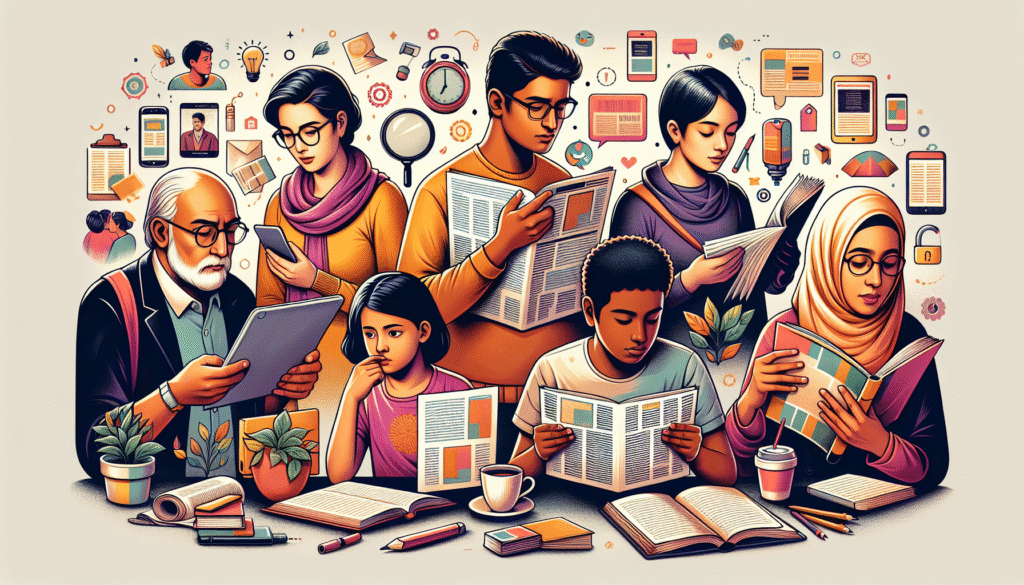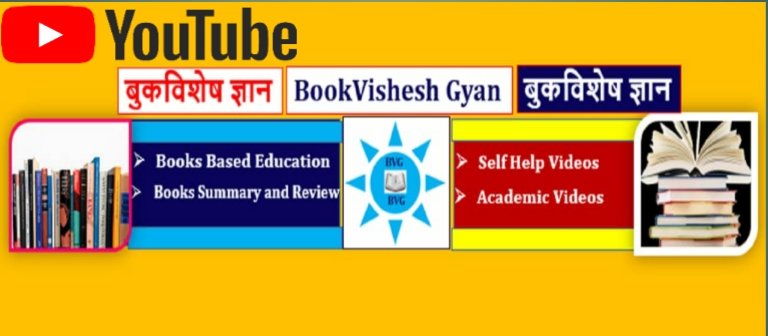“`html
Tips for Effective Reading
Reading is an essential skill that helps us gain knowledge, understand different perspectives, and develop our thinking abilities. However, many people struggle with reading effectively. In this blog post, we will explore some practical tips that can enhance your reading skills. Whether you are reading for pleasure, education, or professional development, these strategies will help you become a more efficient reader.
Understanding Your Purpose
Before you start reading, it is important to know why you are reading. Understanding your purpose will help you approach the material with the right mindset. Ask yourself the following questions:
- What do I want to learn from this reading?
- Am I reading for enjoyment, information, or academic purposes?
- Do I need to remember specific details, or just get the general idea?
By clarifying your purpose, you can tailor your reading strategies accordingly.
Choose the Right Environment
Your reading environment plays a crucial role in your focus and comprehension. Here are some tips for creating an effective reading space:
- Find a Quiet Spot: Choose a place with minimal distractions.
- Comfortable Seating: Use a comfortable chair to avoid discomfort.
- Good Lighting: Ensure proper lighting to reduce eye strain.
Creating the right environment can lead to a more productive reading session.
Preview the Material
Before diving into a text, take a moment to preview it. Look for:
- Headings and Subheadings: These give you an idea of the main topics.
- Bold or Italicized Text: Important concepts are often highlighted.
- Images and Captions: Visual cues can provide context.
By previewing the material, you prepare your mind for what’s to come and can enhance your understanding when you begin reading in detail.
Active Reading Techniques
Active reading is a technique that involves engaging with the text. Here are some active reading strategies:
- Highlighting: Use a highlighter to mark important points.
- Taking Notes: Summarize key ideas in your own words as you read.
- Asking Questions: Write down questions that arise while reading.
Active reading keeps your mind alert and improves retention of information.
Practice Speed Reading
Speed reading techniques can enhance your reading efficiency. Here are a few tips to get started:
- Reduce Subvocalization: Try to minimize the voice in your head that reads along with you.
- Focus on Phrases: Train your eyes to read groups of words instead of individual words.
- Use a Pointer: Move your finger or a pen along the lines to guide your reading.
With practice, speed reading can help you absorb information quickly without sacrificing comprehension.
Improve Vocabulary
A strong vocabulary enhances reading comprehension. To improve your vocabulary, consider these methods:
- Read Widely: Expose yourself to different genres and subjects.
- Use a Dictionary: Look up unfamiliar words to understand their meanings.
- Learn a Word Daily: Make it a habit to learn and use a new word each day.
Enhancing your vocabulary will help you understand more complex texts with ease.
Summarize and Review
After finishing a reading, take time to summarize what you learned. This could involve:
- Writing a Summary: Write a brief recap of the main points.
- Discussing with Others: Share your insights with friends or study groups.
- Self-Quiz: Test yourself on what you’ve learned to reinforce memory.
Reviewing the material shortly after reading will solidify your understanding and help retain information for the long term.
Set Reading Goals
Setting specific, achievable reading goals can keep you motivated. Consider these types of goals:
- Daily Reading Time: Aim for a certain amount of time each day.
- Books Per Month: Set a target for the number of books to read.
- Explore New Genres: Challenge yourself to read outside your comfort zone.
Having clear goals gives you direction and purpose, making reading a more rewarding experience.
Control Your Pace
Every reader has a different pace. It’s important to find a rhythm that works for you. Here are some tips:
- Adjust Based on Complexity: Slow down for challenging texts and speed up for lighter reading.
- Take Breaks: Short breaks can help maintain focus and prevent fatigue.
- Listen to Your Body: If you feel tired, it’s okay to stop and resume later.
Being mindful of your pacing can enhance your overall reading experience.
Conclusion
Effective reading is a skill that can be developed with practice and the right techniques. By understanding your purpose, choosing a good environment, actively engaging with the text, and implementing the strategies outlined in this blog, you can improve your reading efficiency and comprehension. Remember, the goal is not just to read, but to understand and enjoy the process. Happy reading!
“`


